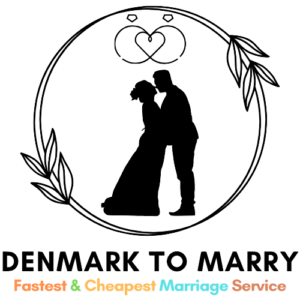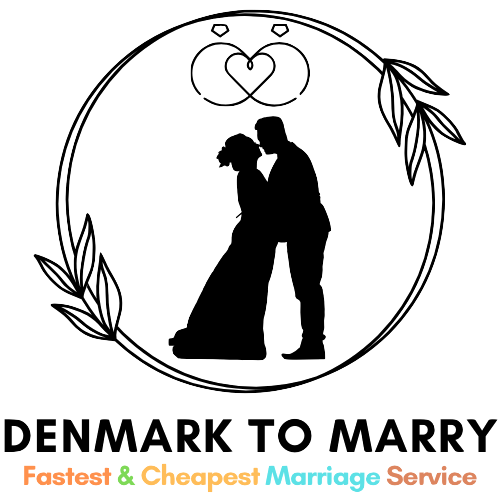
4 Reasons Why Marrying in Germany is NEVER Easy!
Marrying in Germany can be a nightmare. The bureaucratic hurdles, mountains of paperwork, and long waiting times make it a challenging experience, especially for international couples or expats.
1. The Bureaucratic Battle
Germany is known for its strict rules and regulations, and that reputation holds true when it comes to marriage. The process is especially challenging for interracial couples or expats. If you’re not from the EU, things get even more complicated, often taking up to nine months for the marriage to be processed and recognized by the Civil Registration Office. And that’s for any couple, not just international ones! For non-EU citizens, the process can be even more taxing.
This prolonged process is seen as a systemic flaw by many people, leading them to seek out alternative wedding destinations, like Denmark (which is exactly what I did).
2. The Lengthy Process of Marrying in Germany
Here’s why it takes so long to marry in Germany:
The process starts with submitting an application at your local Registry Office (Standesamt), which is usually located in the town hall (Rathaus). After submitting the application, a notice is given for the upcoming marriage (Antrag auf Eheschließung). You then set up an appointment with the registration officers, who will explain the process and provide a list of required documents.
Sounds simple, right? But here’s where it gets tricky:
- Scheduling the Appointment: You need to plan the meeting well in advance since appointments can be hard to get. Both partners must attend, or the attending partner must have a ”power of attorney” to act on behalf of the other.
- Approval Deadline: After the meeting, you’ll receive approval from the office, but you must marry within six months of receiving it. Otherwise, you’ll need to start the entire process over again!
3. The Mountain of Paperwork
Now, let’s talk about the documents you’ll need for your marriage in Germany. The list is extensive and can be overwhelming:
- Passports of both partners
- Official Statement of Residency
- Original long-form birth certificates (with parents’ names)
- Birth certificates of any children the couple has had
- Certificate of No Impediment (CNI)
- Affidavit confirming both parties are single
- Marriage questionnaire
- Divorce decrees or death certificates (if applicable)
- Financial statements (if applicable)
But wait, there’s more! These documents must all be translated by a certified interpreter. Since your marriage is a legally binding contract, the authorities need to ensure that both partners fully understand the process. If one of you isn’t fluent in German, you’ll have to hire an interpreter for the civil ceremony, which can cost hundreds of euros.
4. The Hidden Cost of Non-EU Citizenship
If you’re a non-EU citizen, some of these documents may not even exist outside of Germany, adding even more complications to the process. The long waiting times, excessive documentation, and translation costs make marrying in Germany a stressful and expensive experience that isn’t worth the hassle.
Why We Recommend Denmark Instead
Given all these bureaucratic challenges, we recommend that Denmark is a much simpler and more efficient option for marrying in Europe. If you’re looking to marry quickly and with fewer requirements, Denmark is the way to go!

